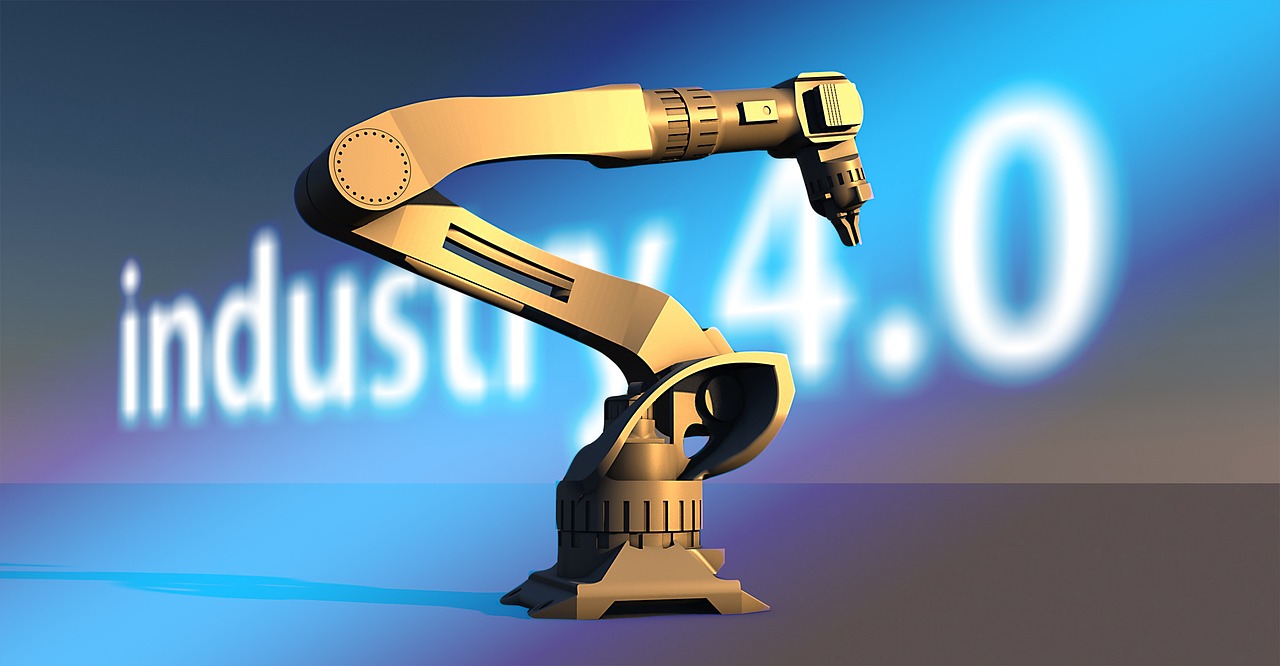April 2019 /
Ever since a study by the University of Oxford predicted that 47 percent of U.S. jobs are at risk of being replaced by robots and artificial intelligence over the next 15 to 20 years, I haven’t been able to stop thinking about the future of work,” wrote Andres Oppenheimer in his novel, “The Robots Are Coming: The Future of Jobs in the Age of Automation.”
Sounds all too familiar as we hurtle past a dysfunctional White House and confront the major battleground between Trump and China’s leadership. The U.S. has made old economy markets such as cars and steel and agricultural products the linchpin of its program to drain the global swamp. Unfortunately, tariff wars and amateurish rhetoric mask the trade conflict that matters between the U.S. and China. It’s a fight over technology. This fight covers everything from artificial intelligence (AI) to computer equipment. The war is in semiconductors. Meaning that the computer chip industry is the crossroads between America’s industrial leadership and China’s unrelenting quest to displace the U.S. as the world’s leading superpower.

As a computer-phobic author it took me a great deal of time to understand that computer chips are the foundation of the digital economy and national security. Looking around, we see that cars are essentially computers on wheels; banks are money-moving computers, U.S. companies and allies like South Korea and Taiwan dominate the field. But China still has to rely on the outside world for its supply of high-end chips. It’s interesting to note that China spends more on semiconductor imports than it does on oil. Chinese firms don’t even make the top 10 list of semi-conductor companies.
Even before Trump insinuated himself and his family into the White House, China made the commitment to create an investment fund to improve its semiconductor industry. China’s ambitions worried President Obama, who prevented chipmaker Intel from selling chips to China, even going so far as to prevent a German chipmaker from being acquired by a Chinese firm. Other companies have chimed in with laws that severely restrict the transfer of intellectual property. The chip battle was further underscored by the Trump administration’s ban on the sale of chipmaker, Qualcomm, and export bans to Chinese companies, like ZTE. Why are we worrying about all this? Well, for starters, the U.S. has realized that having an edge in technology gives it an edge over China. Simultaneously, China’s leaders want the country to become reliant on semiconductors as quickly as possible. Chinese leader Xi has even encouraged Chinese companies Alibaba, Baidu and Huawei to invest in chip-making ventures. All this is worrisome to the U.S., which has a legitimate concern about the national security implications of our dependence on Chinese chips and being susceptible to Chinese hacking. As of today, America still has the edge over China when it comes to designing and making high-end chips.
But China will be hard to stop. It’s adept at blending state and corporate resources. China has launched programs to lure engineering talent from countries like Taiwan. What should America do, then?
For starters, start working with allies in Europe to push back against the Chinese advances. Next, foster more domestic innovation through government funding by diverting some infrastructure funding for chip research. Lastly, we need to realize that Chinese chips will only become even more powerful and pervasive.
Sun Tzu in “The Art of War” summed up best what to expect in the chip war now: “Let your plans be dark and impenetrable as night, and when you move, fall like a thunderbolt.”
It’s no accident that Trump’s election was all about automation. In 2016, electoral districts that had become more exposed to automation were more likely to have voted for Trump. And to get re-elected, he has to keep fending off automation. Consequently, an interesting dynamic awaits us all.
Ron Spurga
United Metro Energy Corporation
P: 718-389-5800 ext. 191
ron@umecny.com
